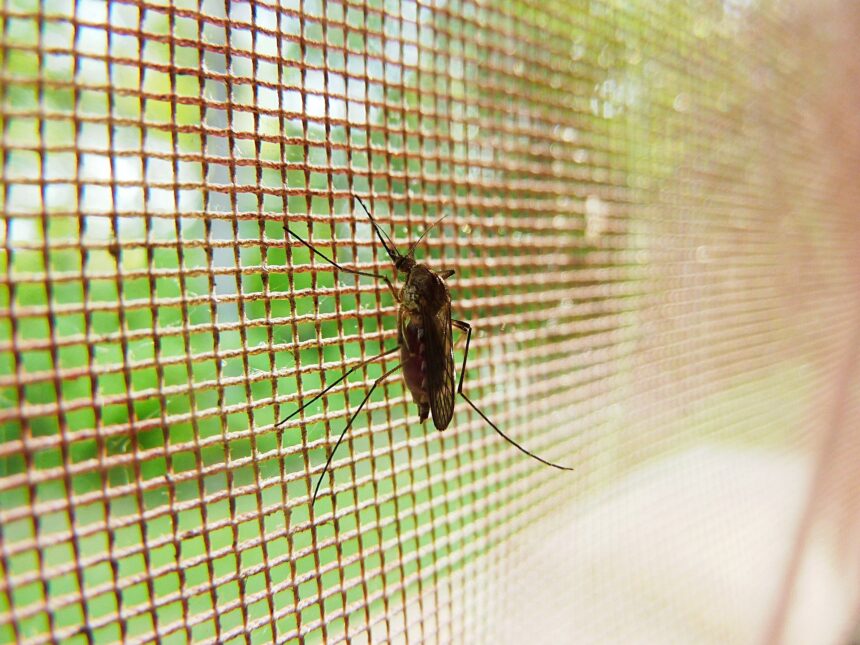China’s success in achieving malaria-free status in 2021 has significant implications for the global fight against malaria, according to experts in a special collection of articles published by The BMJ. The collection explores China’s national strategy, case studies from provinces like Hainan and Yunnan, and the Huai River Basin, showcasing the interventions that led to successful elimination.
Global and national funding for malaria control has played a crucial role in reducing child mortality and advancing towards elimination. However, concerns have been raised about potential funding declines, especially with changes in policies impacting global health efforts. The experts warn that without adequate funding, the progress made over the past two decades could be quickly reversed.
Lessons learned from China’s journey to malaria elimination include the importance of persistent yet flexible strategies, such as the use of bed nets, indoor spraying, drug administration, and surveillance. The successful elimination in Hainan Province demonstrates how adapting interventions to changing risk levels can lead to success in endemic areas.
The collection also highlights the danger of complacency and resurgence, as seen in the Huai River Basin where initial success led to reduced surveillance and funding, resulting in a resurgence of malaria. This emphasizes the need for long-term vigilance and the risks of prematurely scaling back efforts.
Cross-border collaboration, real-time data sharing, sustained surveillance, and innovative financing approaches are identified as critical factors in achieving and maintaining malaria elimination. The experts stress the importance of data-driven foresight and long-term tenacity in the fight against malaria.
As global malaria efforts face challenges from shifting donor priorities and funding gaps, the insights from China’s success offer valuable guidance for policymakers, implementers, and funders. The call to action is clear – countries must translate lessons learned from successful elimination efforts into actionable strategies to ensure continued progress in the fight against malaria.
The collection in The BMJ provides timely insights for addressing the challenges ahead and emphasizes the need for sustained commitment to malaria control and elimination efforts. By learning from China’s achievements, countries can work towards achieving similar success and ultimately reducing the global burden of malaria.







